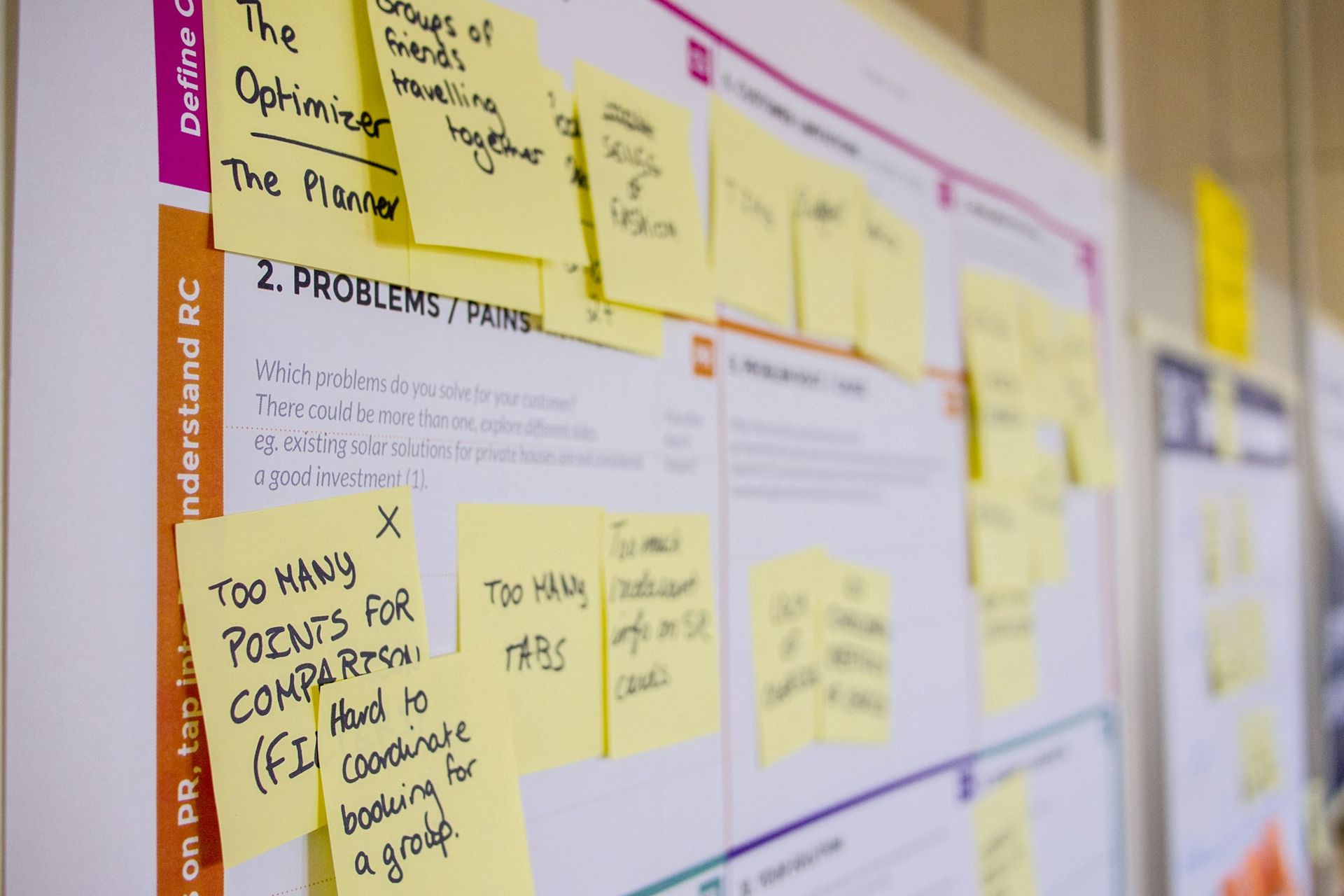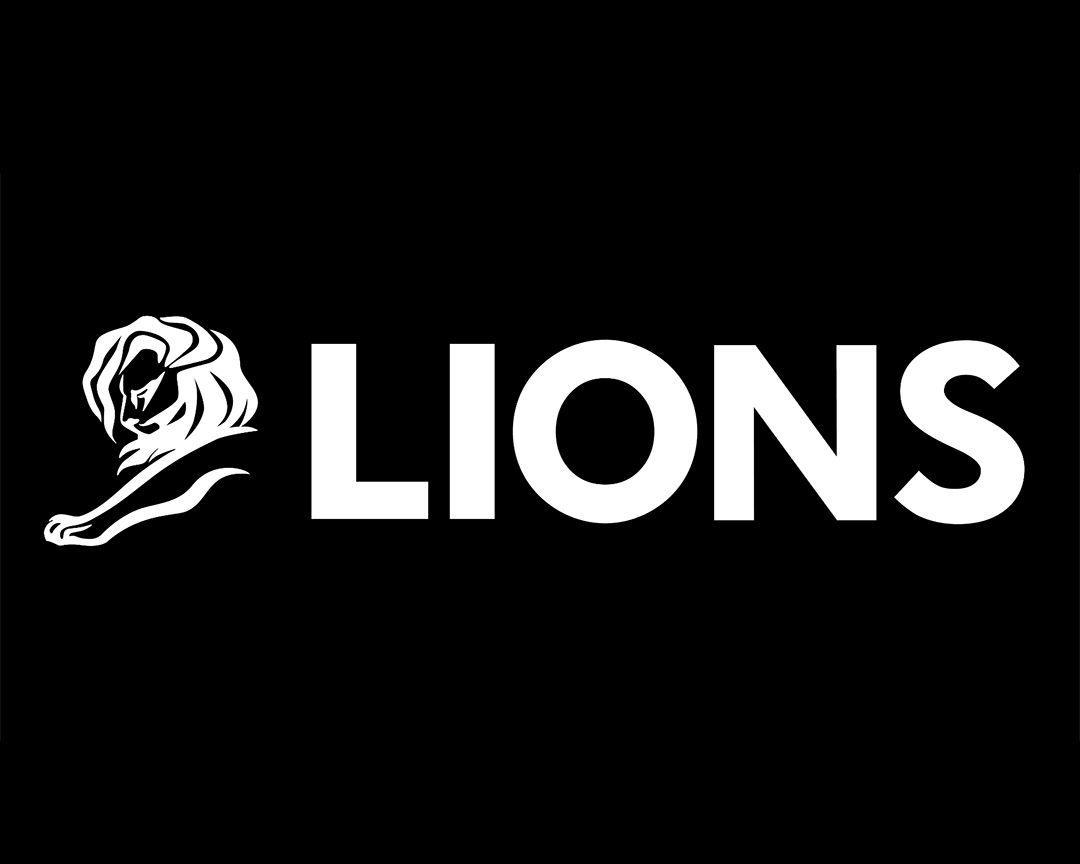“Priced to win” (PTW) projects are common in agencies, offering a discount to secure new clients. While they can be a valuable tactic, they also carry risks if not managed carefully.
Sarah Vick & Jo Petroccia examine the pros & cons of this double-edged sword.

Every agency has been there. A promising prospect is on the table, but the budget is tight, competition is fierce, and the temptation to slash your fees "just this once" to win the work is overwhelming. Enter the "Priced to Win" (PTW) project – a common practice that can either open doors to lucrative long-term relationships or quietly erode your agency's profitability.
The reality is that PTW projects aren't inherently good or bad – they're a strategic tool that requires careful consideration and disciplined management. When handled properly, they can be smart investments in your agency's future. When managed poorly, they become a financial drain that undermines your bottom line while setting dangerous precedents with clients.
The Pros:
- Winning new clients: A discounted first project can help get a foot in the door.
- Portfolio value: High-profile or socially aligned projects can boost reputation.
- Better use of capacity: Filling downtime with PTW projects can keep teams active and build case studies.
- Strategic alignment: Supporting causes or sectors that reflect agency values.
The Cons:
- Precedent risk: Clients may expect discounts to continue, eroding profitability.
- Discount trap: Starting low can make it harder to raise rates later.
- Hidden cost: Without assigning internal budget and tracking via a dedicated job code, the true cost of the work can be invisible.
- Resource drain: They consume time and capacity that could otherwise be billable.
Making PTWs Work
The key is transparency. PTW projects must be included in forecasting to make time and cost visible. Agencies should establish clear boundaries and clearly communicate the value of any "free" work. In your annual budget, you'll have planned for marketing and new business, and PTW projects should be assigned a portion of that budget — for example, if a £100k project is priced at £80k to win, you allocate £20k from your marketing/new business pot. This ensures everyone is clear on the value of the work they are managing and helps avoid overdelivering. Regularly reviewing whether these projects still support long-term goals is also essential.
Handled with discipline, PTWs can be a smart investment. Managed poorly, it can quietly undermine financial health.
The difference between agencies that thrive and those that struggle often comes down to how well they understand and manage these financial dynamics.
If you're looking to strengthen your agency's financial foundation and learn practical strategies for managing everything from PTW projects to profitability analysis, our Understanding Agency Finance workshop provides the tools and frameworks you need to make informed financial decisions that support sustainable growth.







